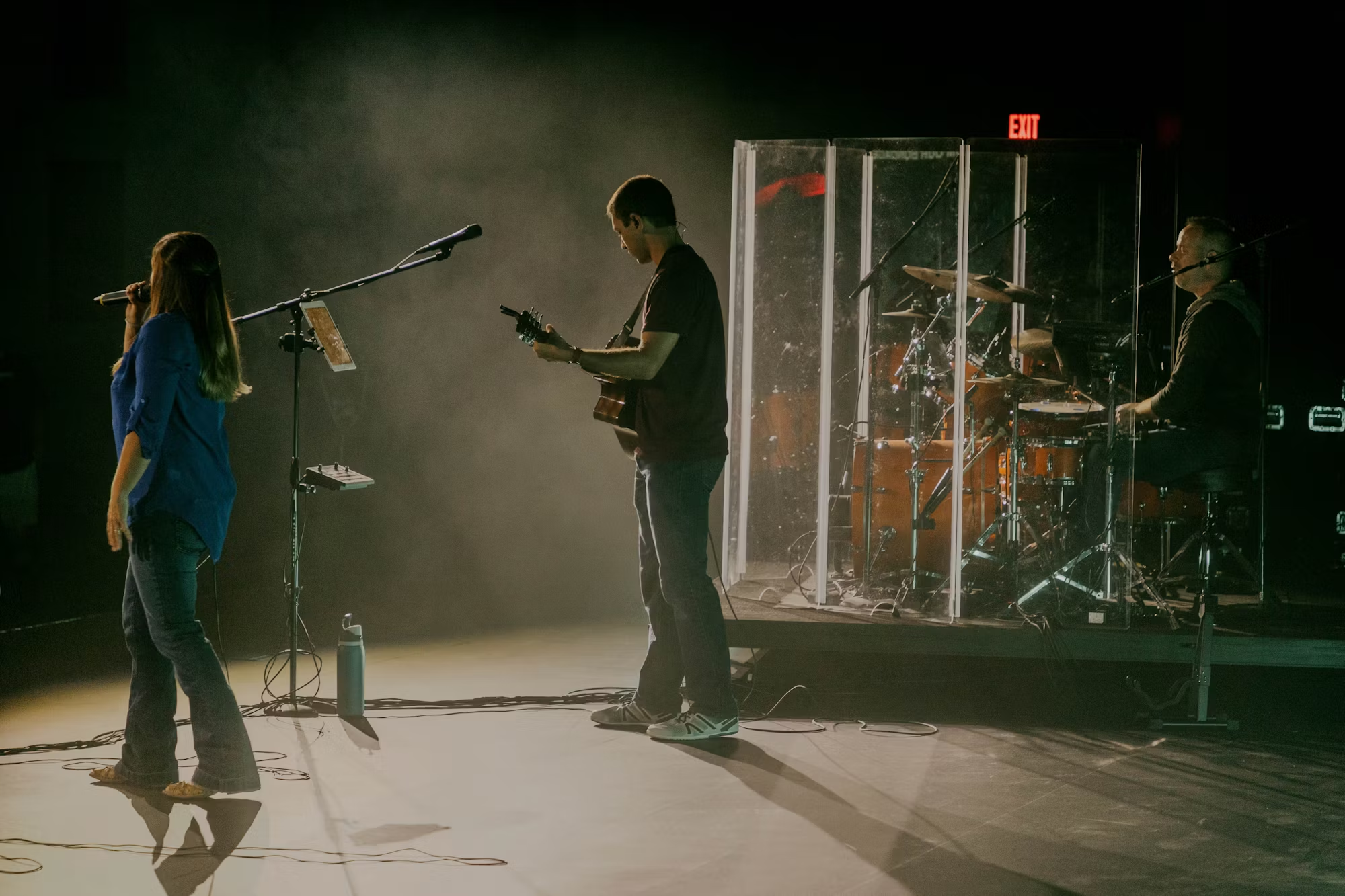Music festivals have become an integral part of the global cultural landscape, evolving from small gatherings into massive events that attract millions of fans each year. These festivals celebrate not only the music itself but also the communities that gather to enjoy it. In this article, we will explore the history of music festivals, their cultural significance, and the ways they continue to evolve in a rapidly changing world.
The Origins of Music Festivals
The concept of music festivals dates back centuries, with roots in ancient rituals and celebrations. In many cultures, music played a vital role in communal gatherings, marking important events and fostering social cohesion. For example, ancient Greeks held festivals honoring their gods, featuring music, dance, and theatrical performances. Similarly, traditional harvest festivals often included musical elements to celebrate the bounty of the land.
As societies evolved, so did the concept of music festivals. By the 20th century, festivals began to take on a more organized form, with events dedicated solely to music. The Newport Folk Festival in the United States, established in 1959, is one of the earliest examples of a modern music festival, showcasing artists like Bob Dylan and Joan Baez. These early festivals laid the groundwork for the explosion of music festivals that would follow.
The Rise of Iconic Festivals
The 1960s marked a significant turning point in the history of music festivals, with events like Woodstock becoming iconic symbols of a generation. Woodstock, held in 1969, attracted over 400,000 attendees and featured performances from legendary artists such as Jimi Hendrix and Janis Joplin. This festival not only defined a musical era but also became a cultural phenomenon, symbolizing the spirit of peace, love, and countercultural values.
Following Woodstock, numerous music festivals sprang up across the globe, each with its own unique flavor and focus. The Glastonbury Festival in the UK, founded in 1970, has become synonymous with British music and culture, hosting a diverse lineup that spans multiple genres. Festivals like Coachella in California and Lollapalooza in Chicago have also gained immense popularity, attracting global audiences and showcasing both established and emerging artists.
The Cultural Significance of Music Festivals
Music festivals serve as powerful cultural events that bring people together, transcending geographical, social, and economic boundaries. They create a sense of community among attendees, fostering connections through shared experiences and a love for music. These gatherings often encourage self-expression, creativity, and inclusivity, allowing individuals to explore their identities and connect with like-minded souls.
Moreover, festivals provide a platform for artists to showcase their work to diverse audiences, enabling them to reach fans they might not encounter in traditional concert settings. Emerging artists often use festivals as a launching pad for their careers, gaining visibility and recognition through performances alongside established acts.
In addition to their musical offerings, many festivals also incorporate art, food, and cultural programming, enhancing the overall experience for attendees. This holistic approach to festival design reflects a growing recognition of the interconnectedness of music, art, and community, creating immersive environments that engage all the senses.
The Impact of Technology on Festivals
The rise of technology has significantly influenced the evolution of music festivals in recent years. Social media platforms have transformed the way festivals are marketed and experienced, allowing organizers to reach broader audiences and engage with fans in real-time. Live streaming has become increasingly popular, enabling those who cannot attend in person to experience performances from anywhere in the world.
In addition to digital marketing and live streaming, advancements in sound and lighting technology have enhanced the overall festival experience. Cutting-edge sound systems and visual effects create immersive environments that elevate performances to new heights, captivating audiences and leaving lasting impressions. Artists and organizers alike continually seek innovative ways to push the boundaries of what is possible, leading to ever-evolving festival experiences.
Sustainability and Inclusivity in Festivals
As music festivals continue to grow in popularity, issues of sustainability and inclusivity have come to the forefront. Many festival organizers are now prioritizing environmentally friendly practices, recognizing the impact that large gatherings can have on local ecosystems. Initiatives such as waste reduction, recycling programs, and the use of renewable energy sources have become increasingly common, as festivals strive to minimize their carbon footprints and promote sustainable practices.
Inclusivity is another critical aspect of modern music festivals. Organizers are increasingly focused on creating safe and welcoming environments for all attendees, regardless of background or identity. This includes offering diverse lineups that represent various genres, cultures, and perspectives, as well as implementing policies to ensure that all attendees feel safe and respected.
The Future of Music Festivals
Looking ahead, the future of music festivals is both exciting and unpredictable. The impact of the COVID-19 pandemic has prompted many organizers to rethink their approaches, leading to innovations in how festivals are structured and experienced. Hybrid models that combine in-person attendance with virtual elements are likely to persist, allowing for greater accessibility and reach.
As festivals continue to evolve, they will remain vital spaces for artistic expression and community building. The blending of music with other art forms, such as visual art, dance, and technology, will likely shape the future landscape of festivals, creating immersive experiences that engage all senses.
Conclusion
Music festivals have come a long way from their humble origins, evolving into vibrant cultural events that celebrate sound, creativity, and community. They play a significant role in connecting people from diverse backgrounds, fostering a sense of belonging and shared experience. As the music industry continues to change, festivals will adapt and innovate, ensuring their relevance in an ever-evolving cultural landscape. Whether through the celebration of music, art, or community, the spirit of collaboration and connection will continue to thrive at music festivals for years to come.
